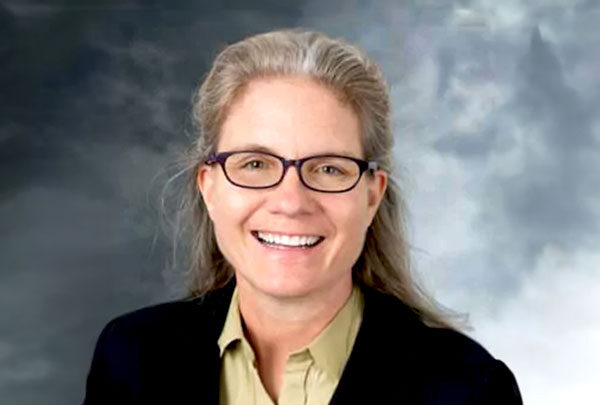
Interdisciplinary Biological and Health Sciences Consortium
The Interdisciplinary Biological and Health Sciences Consortium (IBHSC) at the University of Wisconsin School of Medicine and Public Health offers a rich, lively and supportive scientific community centered around collaborative learning and research in nine dynamic programs. You will engage with renowned faculty and become immersed in innovative research that addresses real-world challenges.
Participating PhD Programs
These links to the Graduate School Guide provide more information on individual programs.
- Biomedical Data Science
- Cancer Biology
- Cellular and Molecular Pathology
- Endocrinology – Reproductive Physiology
- Epidemiology
- Molecular and Cellular Pharmacology
- Molecular and Environmental Toxicology
- Neuroscience
- Population Health
Admissions
One application fee allows you to apply to as many as three degree-granting programs in the Consortium.
Your admission to a consortium program offers the opportunity to complete a laboratory rotation and/or elective courses in any of the nine consortium programs and the flexibility to switch to a different consortium program early in your academic career.
You may express your interest in coursework and/or a lab rotation in other consortium programs on your application, even if you are not applying directly to those programs.
Rotations
In your first semester, you will have the opportunity to explore labs by completing three one-month rotations before joining the lab where you will complete your doctoral research. As a consortium student, you can choose to complete all three rotations in labs associated with your degree program, or you may choose to complete one of the three rotations in a lab associated with another consortium program.
Seminars
As a consortium student, you are welcome to attend all IBHSC programs’ seminars.
Tuition, Financial Aid and Stipend
Consortium programs cover tuition fees and provide a competitive stipend to cover other expenses, as long as you remain in good academic standing. Comprehensive health insurance is available at a minimal cost.
The minimum fall 2025 stipend for all IBHSC programs is $37,000, plus a $2,000 welcome check.
IBHSC Program Graduate Outcomes
Work in academia
Employed by a for-profit
Careers are primarily research or science related
Spring 2024 Graduate Student Database, 10 years out from degree

Laura Knoll, IBHSC Director
Faculty and Staff
You will study with 191 highly qualified faculty trainers. UW–Madison is a world class R1 institution with a global reputation for discovery and innovation and more than $980 million in research support.
Learn more about research at the UW School of Medicine and Public Health
Program Directors
Laura Knoll, PhD
Director, Interdisciplinary Biological and Health Sciences Consortium
Sushmita Roy, PhD
Biomedical Data Science
Eric Johannsen, MD
Cancer Biology
Zsuzsanna Fabry, PhD
Cellular and Molecular Pathology
Laura Hernandez, PhD
Endocrinology – Reproductive Physiology
Corinne Engelman, PhD
Epidemiology and Population Health
Nathan Sherer, PhD
Molecular and Cellular Pharmacology
Sathish Kumar, DVM, PhD
Molecular and Environmental Toxicology
Raunak Sinha, PhD
Neuroscience
Program Staff
Biomedical Data Science
Shelley Maxted, MS
maxted@wisc.edu
Cancer Biology
Hilary Berry, MS
hilary.berry@wisc.edu
Cellular and Molecular Pathology
Nada Wigand, MS
wigand@wisc.edu
Endocrinology – Reproductive Physiology
Bootsy Harden, OD, MS
charden@wisc.edu
Epidemiology and Population Health Sciences
Quinn Fullenkamp, MLS
quinn.fullenkamp@wisc.edu
Molecular and Cellular Pharmacology
Kristin Cooper, MS
kgcooper@wisc.edu
Molecular and Environmental Toxicology
Ezra Mauk, MS
ezra.mauk@wisc.edu
Neuroscience
Ana Garic, MS, MA
ana.garic@wisc.edu